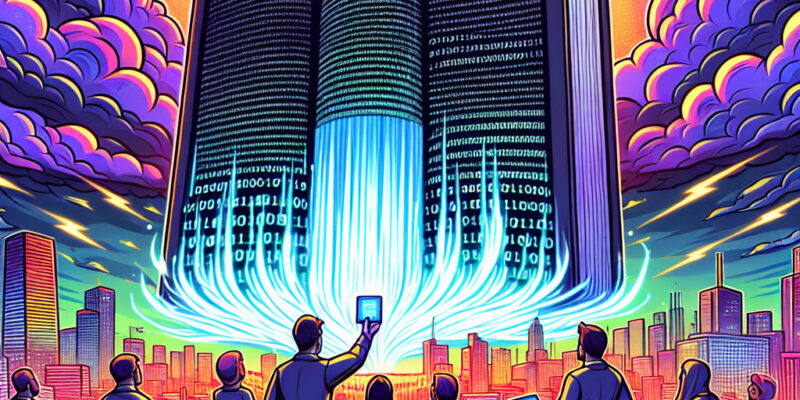AI Steals Wikipedia Views: Search Engines Bypass Free Encyclopedia

Imagine flicking through an encyclopedia and suddenly, without warning, all the information you seek is laid out in front of you without ever needing to turn a page. For years, Wikipedia has stood as the digital equivalent of such an encyclopedia, a vast reservoir of human knowledge open to anyone with an internet connection. However, recent developments have begun to reshape the way we access this massive wealth of information, and not all these changes are being celebrated.
Recently, the Wikimedia Foundation, which oversees Wikipedia, has raised concerns about a noticeable shift in how traffic reaches—or more accurately, doesn’t reach—its pages. The culprit? The increasingly sophisticated algorithms of search engines and AI-powered chatbots, which have begun presenting Wikipedia’s content straight to users, effectively bypassing the site itself.
This trend raises an intriguing dilemma. On the one hand, having quick answers at our fingertips is undeniably convenient. Who wouldn’t appreciate a seamless experience where information is fed directly to them without the extra click? Yet, on the other hand, this shortcut undermines the very foundation upon which Wikipedia and similar platforms are built—user engagement. These platforms rely heavily on traffic not just for visibility but also for financial sustenance through donations and community contributions.
Search engines, over the years, have evolved dramatically. No longer are they simple tools that point you towards other websites. Instead, they often serve as an intermediary, processing and delivering information in a way that reduces the necessity to visit the original source. When it comes to Wikipedia, they take advantage of the freely available data on the site, presenting it directly within search results or through virtual assistants. Chatbots powered by artificial intelligence, with their ability to mimic human conversation and provide detailed responses, have taken this a step further by channeling Wikipedia’s data into their responses.
The impact on Wikipedia is multifaceted. Firstly, there’s the immediate decline in direct traffic to the site. Each missed page view is a potential miss in terms of community interactions—whether that’s an edit, a click on a related article, or even a donation. Secondly, the model that Wikipedia operates on—one that is inexpensive for users but reliant on user visits for operational support—faces an existential threat. Without views, the incentive to engage and contribute might dwindle.
Moreover, this situation presents broader implications for how society values and compensates the creation and curation of knowledge. Wikipedia, with its open-access model, might ironically become the architect of its predicament, as its generosity is exploited by tech giants who then offer this knowledge without returning any traffic or reward.
However, this is not simply a story of victimhood. There’s a deeper conversation at play about the responsibilities of tech companies toward the information sources they leverage. Should there be a model wherein Wikipedia and similar platforms are compensated when their content is used? Or should policies evolve to ensure that users are directed to the source, fostering deeper engagement with the content?
As AI continues to weave itself into the fabric of our daily lives, how we access, attribute, and value knowledge will likely continue to be tested. Wikipedia’s situation is just one chapter in a broader narrative about the intersection of technology, access to information, and ethical responsibility.
As readers and users, we too have a role to play. While it’s easy to accept answers at face value when they are readily served, there is much to gain by diving deeper, exploring the vast web of knowledge directly. It’s an opportunity to participate, to learn beyond the quick answers, and perhaps even to contribute. The future of open knowledge platforms may hinge not just on technology or policies, but on our choices and actions.













